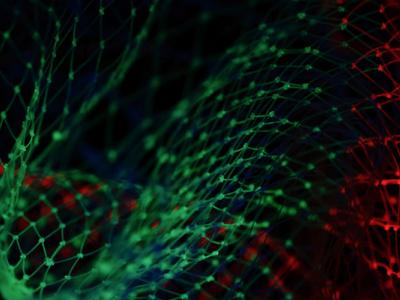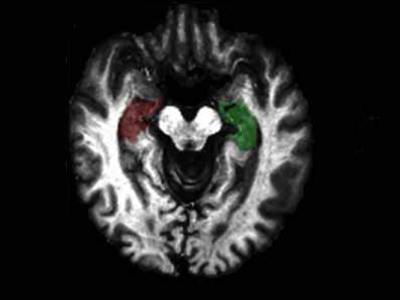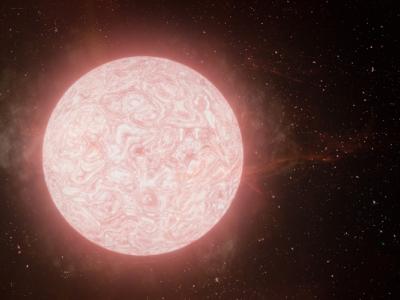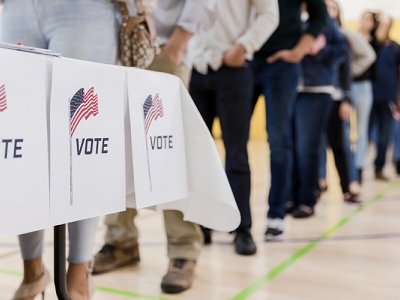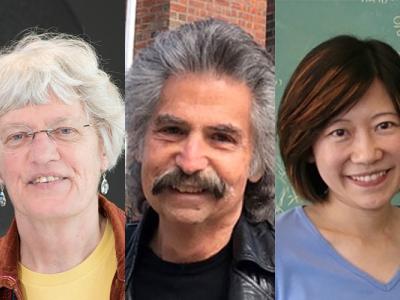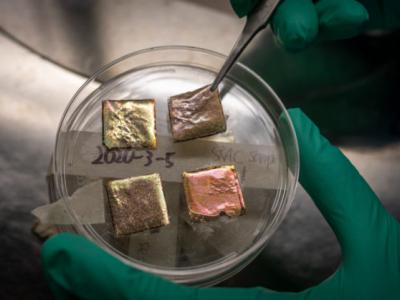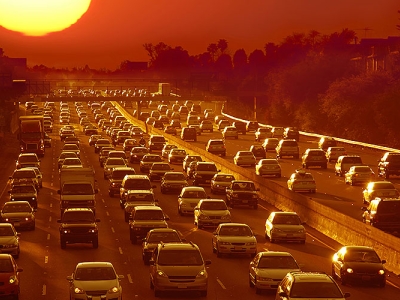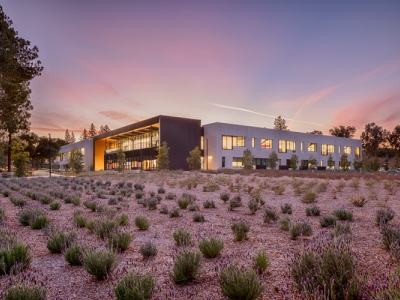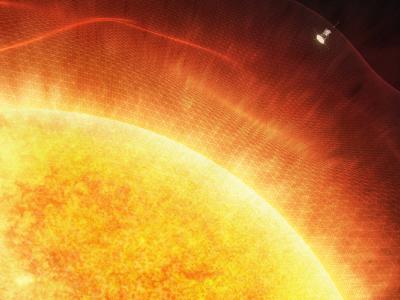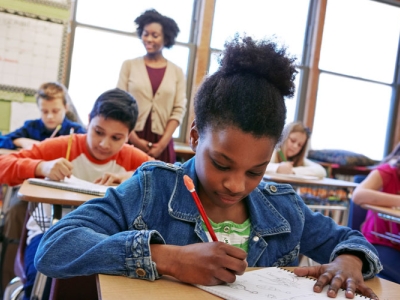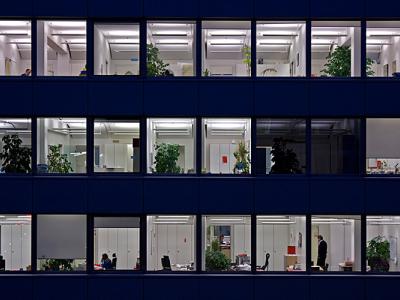An estimated 370,000 Californians rely on drinking water that may contain high levels of the chemicals arsenic, nitrate or hexavalent chromium, and contaminated drinking water disproportionately impact communities of color in the state, finds a new analysis led by researchers at the University of California, Berkeley, and the University of California, Los Angeles.
Research News
Learn more about UC Berkeley's researchers and innovators.
Showing 849 - 864 of 3459 Results
The Chan Zuckerberg Biohub announced today (Jan. 11) the second cohort of scientists to be named CZ Biohub Investigators, 21 of whom are UC Berkeley faculty members.
A recent study links anxiety behavior in rats, as well as post traumatic stress disorder (PTSD) in military veterans, to increased myelin — a substance that expedites communication between neurons — in areas of the brain associated with emotions and memory.
Astronomers have long suspected that massive stars become red supergiants at the end of their lives, hiccup a few times and then explode in a classic supernova visible across the universe. But no one had ever seen this scenario play out in a single star -- until now.
New voting restrictions and gerrymanders in swing states are built on foundations of disproportional representation
Three UC Berkeley astronomers have been named 2022 Fellows of the American Astronomical Society (AAS): Imke de Pater, Richard Klein, and Chung-Pei Ma.
Researchers at Lawrence Berkeley National Laboratory and UC Berkeley have developed a method to stabilize the edges of graphene nanoribbons and directly measure their unique magnetic properties.
Scientists have developed an all-season smart-roof coating that keeps homes warm during the winter and cool during the summer without consuming natural gas or electricity. Research findings reported in the journal Science point to a groundbreaking technology that outperforms commercial cool-roof systems in energy savings.
Research published today by the California Policy Lab reports a decline of 38% in the number of people migrating to the Golden State from elsewhere in the U.S. At the same time, the number of people leaving the state for other U.S. locations has increased by 12% since the start of the pandemic.
UC Berkeley is partnering with UC San Francisco and Stanford University as founding scientific members of a new institute that aims to accelerate breakthroughs in complex diseases. The Arc Institute launched Dec. 15, 2021, with the goal of developing a new model for collaborative research that brings together world-class research with unconstrained funding to enable new discoveries that improve human health.
Today, there are just five communist states left — though China, with nearly one-fifth of the world’s population, is clearly a global power. But in his new book, The Rise and Demise of World Communism" eminent UC Berkeley political scientist George W. Breslauer says that if Karl Marx were alive today, he would not recognize the species of communism that survives there, or in Cuba, Laos, North Korea or Vietnam.
or the first time in history, a spacecraft has touched the sun.
NASA’s Parker Solar Probe, which carries instruments built at UC Berkeley, flew through the sun’s upper atmosphere — the corona — for a few hours on April 28, 2021, sampling particles and magnetic fields for the first time from one of the hottest places in the solar system.
A new analysis by researchers at the University of California, Berkeley, provides a roadmap for how the state can effectively reduce wildfire risk through forest thinning while continuing to limit its carbon emissions.
A new study, Historical redlining and cardiovascular health: The Multi-Ethnic Study of Atherosclerosis, led by Berkeley Public Health’s Mahasin S. Mujahid, examined historical redlining, a discriminatory government-sanctioned policy and an indicator of structural racism, in relation to cardiovascular health.
A common stereotype is that growing up poor can stunt brain development due to adverse environmental conditions. But on a positive note, new UC Berkeley research suggests that children’s brains can adapt in different ways to socioeconomic challenges and excel.
In our latest study, we found that part of this energy demand is wasted on excessive cooling of offices. This is known as overcooling, where office temperatures are cooled beyond the comfort requirements of occupants. Our results also show that office temperatures are generally less comfortable for women largely due to this overcooling.


